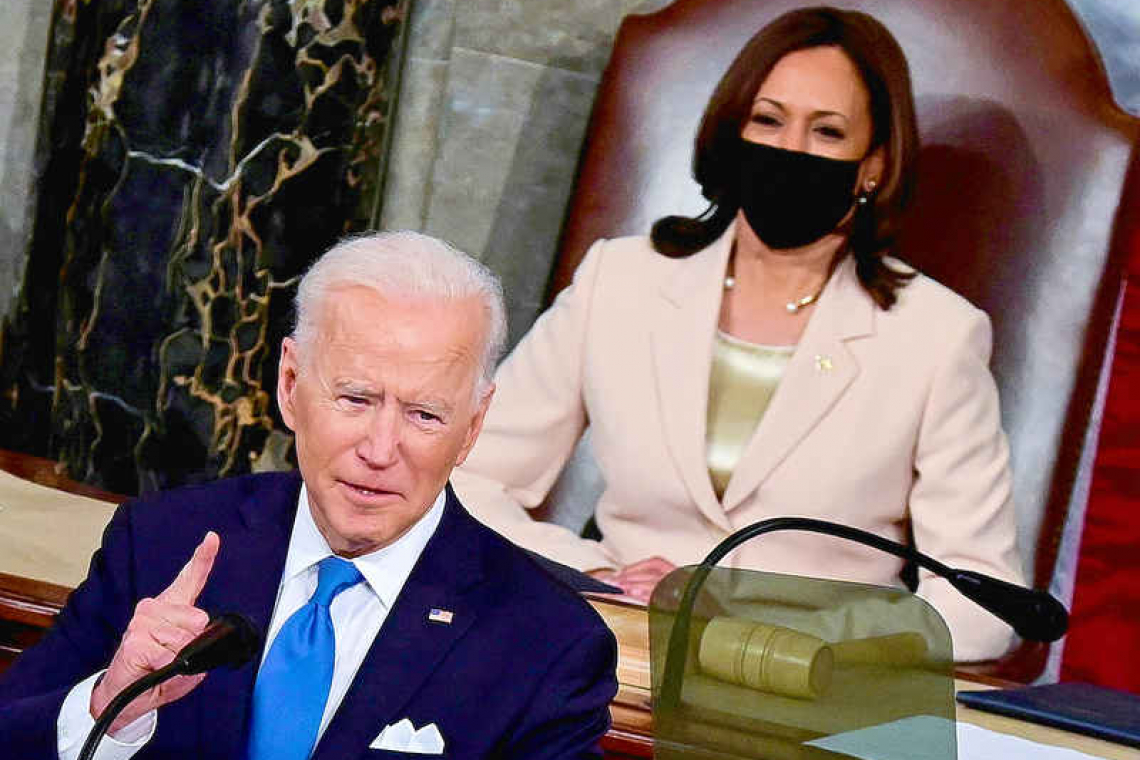WASHINGTON--U.S. President Joe Biden's administration is preparing an overhaul of arms export policy to increase the emphasis on human rights, a departure from former President Donald Trump's prioritization of economic benefits to U.S. defense contractors, four people familiar with the initiative said.
Defense companies and activists scrutinize such policies for insight into the administration's posture as it balances the commercial interests of exporters like Lockheed Martin Co and Raytheon Technologies against the country's stated commitment to human rights.
Two State Department deputy assistant secretaries will brief congressional staff on Biden's draft Conventional Arms Transfer (CAT) Policy on Friday, said two of the people familiar with the situation, with a formal unveiling expected as soon as September. The administration briefed a smaller group of congressional aides about two weeks ago, outlining a State Department desire for a "more robust" review of weapons sales with more input from the department's human rights bureau, an administration source and a congressional aide who participated said.
Details of the proposed shift have yet to be finalized and are being circulated to other, more export-friendly agencies like the Department of Defense, the people said. The Pentagon has traditionally advocated for putting weapons in the hands of allies so U.S. forces can rely on them more heavily in overseas conflicts.
One congressional aide involved in briefings on the matter said he expected any policy change would have the most impact on sales of smaller weapons such as assault rifles and surveillance equipment, which can be used by police or paramilitary forces against domestic populations.
A senior administration official confirmed that the new CAT policy was being worked on and "will help us build and maintain strategic partnerships that best reflect the values and interests of the United States."
The new policy would also "more robustly discuss" connections between arms transfers and human rights, the official said.
The revamped policy could affect sales to countries like the Philippines, where human rights groups have called for investigation of police use of lethal force during raids. Sales of major systems, such as air defense systems or naval systems, could be slowed although they likely would still go ahead.
"In some cases it will add an extra layer to getting to yes on a particular case," the congressional aide said.
Advocates of a stronger emphasis on human rights said the shift could affect sales to countries like Saudi Arabia and the United Arab Emirates, especially given pressure from the progressive wing of Biden's Democratic Party over the toll on civilians of their raids in the civil war in Yemen. "A new U.S. approach to arms sales is sorely needed. We must move beyond approaching arms sales as purely a transaction," said Rachel Stohl, vice president at the Stimson Center in Washington.
"Overall, the Biden people seem to be in the same mode as the Trump people in promoting arms exports," the congressional aide said, noting that the tempo of weapons sales under the Biden administration is about the same as under Trump.
The United States is easily the world's biggest arms merchant, selling over $100 billion in weapons, services and training a year.







